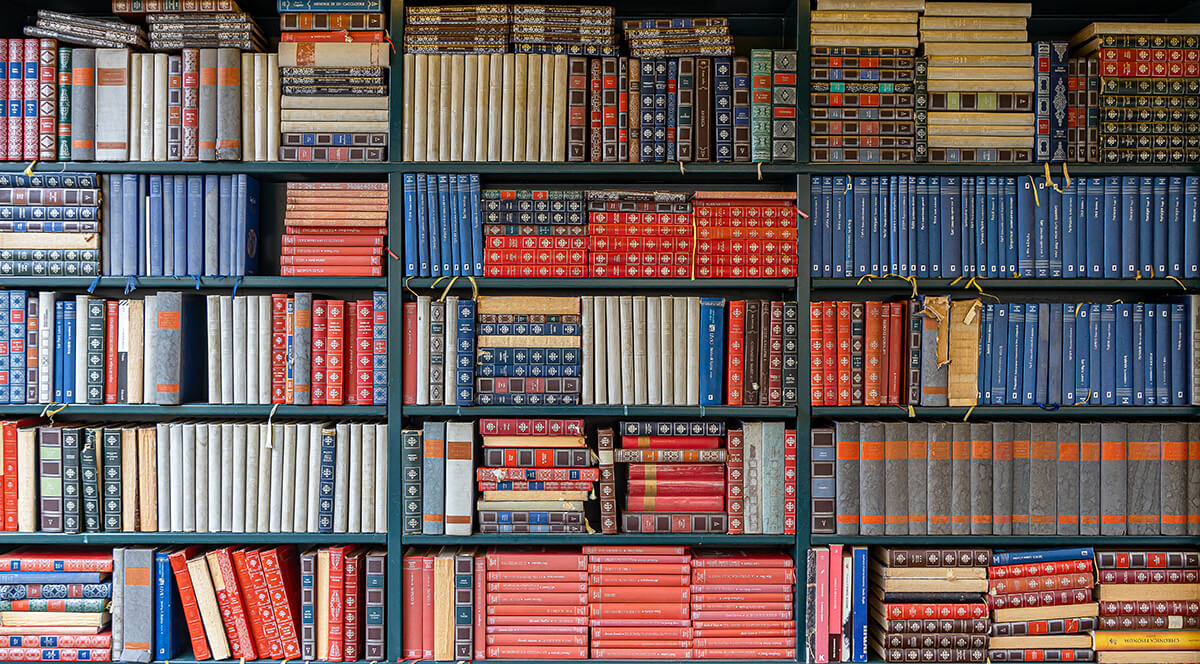In the pantheon of world literature, Italian writing stands as a testament to the beauty of language, the richness of culture, and the depth of human experience. From timeless classics that have captivated readers for centuries to contemporary works that push the boundaries of literary expression, Italian literature offers a diverse and vibrant tapestry of storytelling. Join me on a journey through the pages of Italian literature as we explore beloved classics and discover new voices that continue to shape the literary landscape.
Classic Literature:
No exploration of Italian literature would be complete without delving into the works of some of its most revered classic authors. Dante Alighieri's "Divine Comedy" stands as a towering achievement of medieval literature, offering a poetic vision of the afterlife that has inspired generations of readers with its depth of symbolism and allegory.
Moving forward in time, Giovanni Boccaccio's "Decameron" presents a vivid portrait of life in 14th-century Italy through a collection of tales told by a group of young people sheltering from the Black Death. Boccaccio's wit, humor, and keen insight into human nature continue to resonate with readers today.
Meanwhile, Alessandro Manzoni's "The Betrothed" ("I Promessi Sposi") is a sweeping historical novel that tells the story of two lovers in 17th-century Lombardy amidst political intrigue, social upheaval, and the devastating effects of the plague. Manzoni's epic narrative and rich character development have made it a cornerstone of Italian literature.
Contemporary Works:
While the classics continue to hold sway over Italian literary tradition, contemporary authors are pushing the boundaries of storytelling in exciting new ways. Elena Ferrante, known for her Neapolitan Novels series, has garnered international acclaim for her raw, unflinching portrayal of female friendship, ambition, and the complexities of modern life.
Similarly, Umberto Eco's "The Name of the Rose" blends historical fiction, mystery, and theological debate into a captivating narrative set in a 14th-century Italian monastery. Eco's erudition and narrative skill have earned him a reputation as one of Italy's foremost contemporary authors.
For readers interested in exploring Italy's rich cultural heritage through the lens of literature, Andrea Camilleri's "Inspector Montalbano" series offers a delightful romp through the streets of Sicily, blending crime fiction with social commentary and Mediterranean charm.
Recommendations:
"My Brilliant Friend" by Elena Ferrante: The first installment in Ferrante's Neapolitan Novels series follows the lifelong friendship of two girls growing up in post-war Naples, exploring themes of identity, ambition, and the bonds of sisterhood.
"The Leopard" by Giuseppe Tomasi di Lampedusa: Set in 19th-century Sicily during the Risorgimento, this classic novel follows the decline of the aristocratic Salina family amidst sweeping social and political changes.
"Invisible Cities" by Italo Calvino: A dazzling work of magical realism, Calvino's novel imagines a series of fantastical cities described by the explorer Marco Polo to the emperor Kublai Khan, exploring themes of memory, imagination, and the nature of reality.
In conclusion, Italian literature offers a treasure trove of literary riches waiting to be discovered and explored. Whether delving into the timeless classics or seeking out the latest works by contemporary authors, there is something for every reader to savor and enjoy in the pages of Italian literature. So grab a book, pour yourself a glass of wine, and embark on a literary journey through the storied landscapes of Italy. Buona lettura! 


